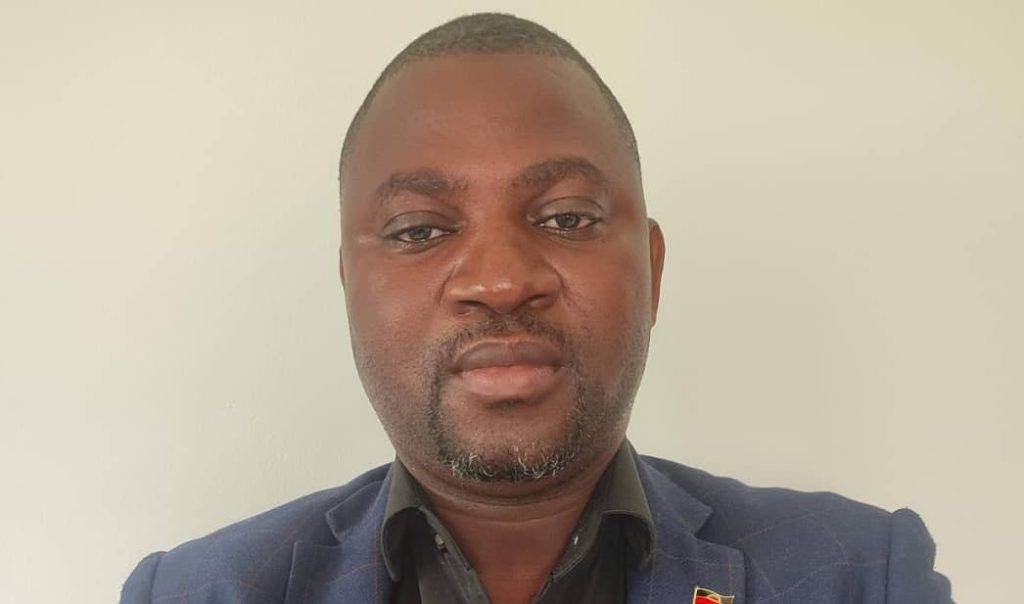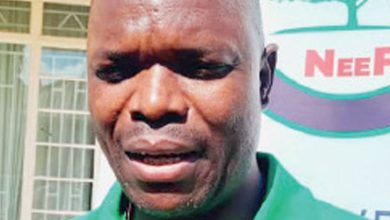Public institutions in political capture
A pattern of wholesale leadership changes in State institutions after every regime shift is undermining corporate governance and institutional independence in Malawi.
Governance experts say the cycle of replacing competent managers with political loyalists or regime-aligned technocrats politicises public bodies, disrupts service delivery and erodes public trust.
If not fired or redeployed to other ministries, departments or agencies (MDAs) and on lesser positions, the ‘lucky’ individuals are sent to ‘Guantanamo’, where they remain idle for years.
The Malawi Congress Party (MCP) regime under Lazarus Chakwera’s leadership called it ‘clearing the rubble’ while the current Democratic Progressive Party (DPP) administration under President Peter Mutharika has simply been redeploying some corporate executives to public universities and technical colleges.
For instance, Electricity Supply Corporation of Malawi former chief executive officer Kamkwamba Kumwenda last week got redeployed to Malawi University of Business and Applied Sciences while Electricity Generation Company chief executive officer Maxon Chitawo has been redeployed to Mzuzu University.
Both will serve as lecturers.
Higher Education Students Loans and Grants Board executive director Prince Phwetekere was also redeployed to Domasi College of Education as lecturer.
He has, however, challenged his redeployment, citing unfair labour practices, among others.

But this is a trend that has gone beyond leadership of the two political parties—DPP and MCP—with other previous governments engaging in similar practices.
Centre for Social Accountability and Transparency executive director Willy Kambwandira said in an interview that such issues undermine institutional independence and accountability, especially how it is politically-driven.
He said such a practice has eroded corporate governance and weakened performance of many State institutions.
Kambwandira said this vicious cycle needs to be dealt with if State institutions are to reform and improve their performance.
“While governments may justify such reshuffles and appointments as efforts to align with priorities, in reality, such appointments have rarely benefitted State institutions and instead they promote instability and politicisation of State-owned institutions,” he said.
“We need to strengthen legal safeguards that insulate State institutions from political capture by ensuring that recruitment and dismissals follow transparent and merit-based processes enforced by independent boards.”
Kambwandira further said it is important that leadership positions in State institutions have fixed tenure protected by law and performance other than letting political loyalty take centre stage.
In a separate written response on Wednesday, governance expert Undule Mwakasungula said this practice has negatively affected corporate governance in most State institutions.
He said the practice has created instability, loss of institutional memory and low staff morale since leadership changes come with fear and uncertainty.
Mwakasungula said: “It also undermines accountability because some leaders see their loyalty as being towards political masters rather than to the public. Consequently, productivity, creativity and long-term planning are disrupted, slowing the growth and sustainability of these institutions.”
He said only in very few instances have leadership changes brought in new energy or reform-minded individuals who help to modernise systems or restore integrity.
“However, such benefits have been short-lived, being politically driven and not merit-based. The overall effect has been more damaging than beneficial to State institutions and the economy,” said Mwakasungula.
To address the problem, Mwakasungula said Malawi needs stronger and legal safeguards.
He stressed that the appointment and removal of executives should follow clear, transparent and merit-based procedures insulated from political influence.
Mwakasungula said boards of parastatals must be depoliticised and given power to act independently and be held accountable.
He said: “Strengthening the Public Appointments Committee and enforcing good governance frameworks could also help. Above all, we need a culture of respecting institutions rather than individuals who are in power.”
Human Rights Defenders Coalition (HRDC) chairperson Michael Kaiyatsa said in a separate interview on Wednesday also stressed the need to depoliticise public appointments, demanding genuine accountability.
He said: “Malawi must move away from personality-driven governance towards institution-based governance. Specifically, there is need to reform appointment laws to ensure that boards and chief executives of State institutions are selected through transparent, competitive and merit-based processes.”
Kaiyatsa said it would also be important to strengthen the independence of boards so that they cannot be dissolved or overruled at the whim of the Executive.
“Another way of addressing this is to introduce fixed-term contracts that are protected from arbitrary dismissals unless there is proven misconduct or poor performance.”
He said it is sad that many State institutions are now serving political interests instead of citizens; hence, their performance has remained poor over the years.
According to Kaiyatsa, politicised leadership changes have crippled corporate governance and denied Malawians the efficient public institutions they deserve.
He said when presidents or ruling parties treat State institutions as extensions of their political machinery, it undermines the rule of law and the very foundations of democracy.
“The powers of appointment that the Constitution grants to the Executive are not meant to be used to reward loyalty or punish dissent, but to strengthen institutions through competent and ethical leadership,” he said.
Kaiyatsa argued that excessive politicisation of appointments undermines independence of State entities and can erode public confidence in their operations.





